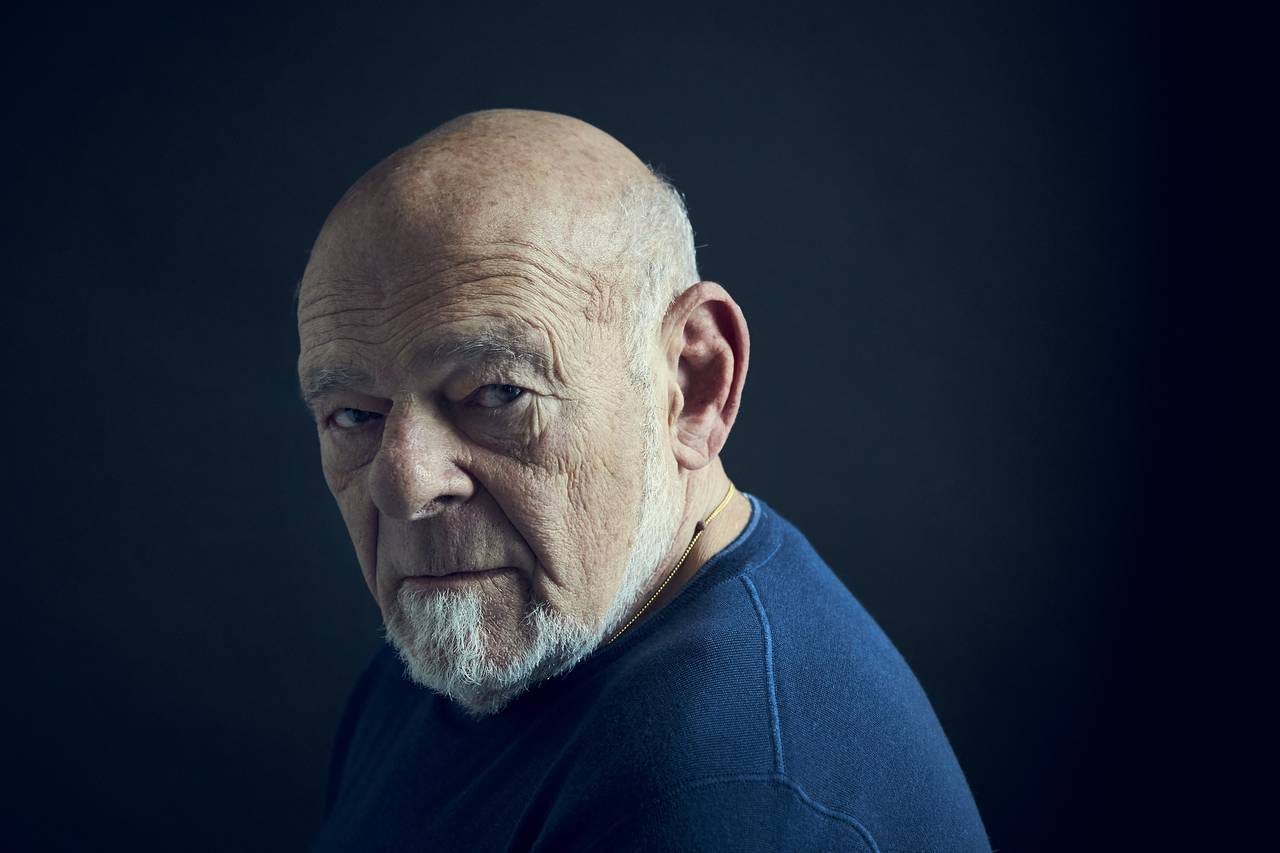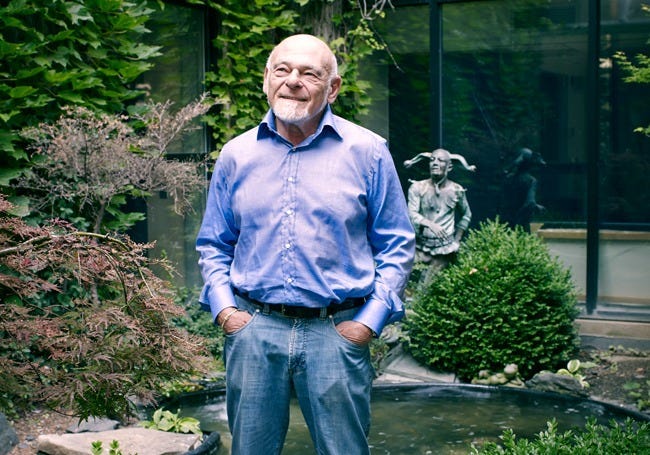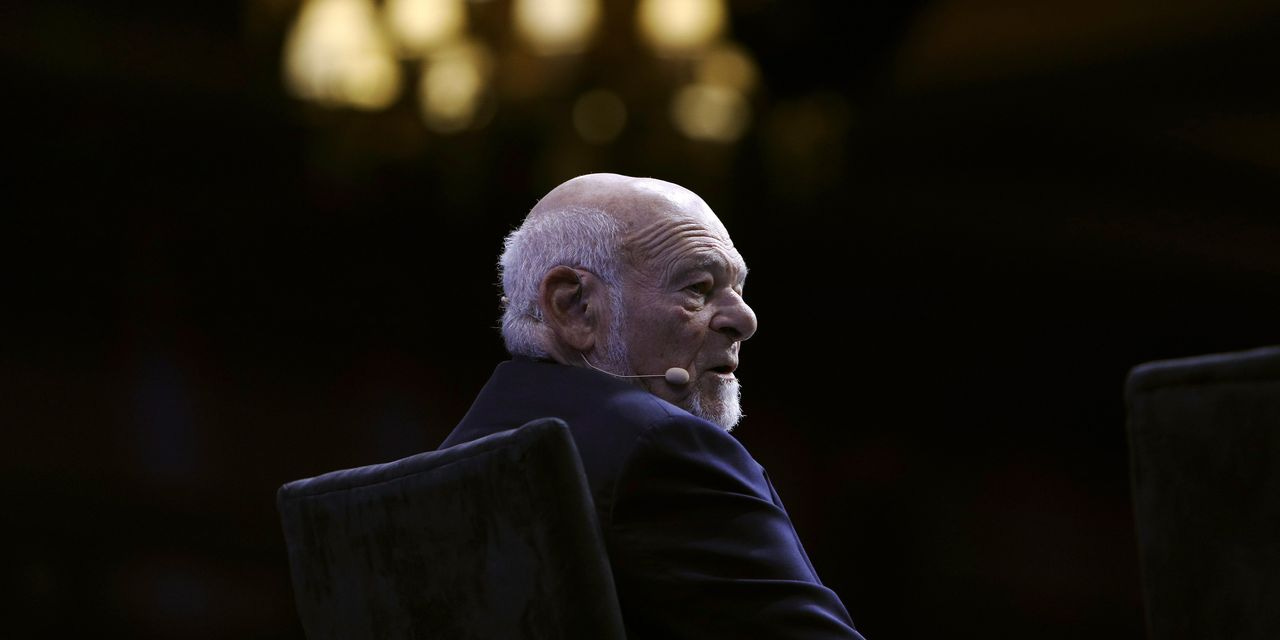Sam Zell - The MHP Godfather
Sam Zell is a legendary investor.
He is part wall street genius, part Chicago “gangster” and part…Yoda.
He has succeeded in just about every investment he’s touched.
Excluding of course the Chicago Tribune, which he took from an $8B acquisition to bankruptcy in 1 year flat. Even his major failure was legendary.
Everyone told Sam buying a newspaper was a horrible idea. And they were right.
It’s hard to bat 1000 when you specialize in contrarian + distressed investing. But most of the time going right when everyone went left worked out fabulously for Sam.
Case in point: mobile home park investing.
If you didn’t know, Sam Zell is the undisputed Don of mobile home parks.
How did that happen?
The Path To Trailer Park King
Like most billionaires, Sam was born to be an entrepreneur.
In 1953, when he was 12, Sam would buy copies of Playboy in bulk quantities for two quarters each and resell them for $1.50 to $3. "For the rest of that year, I became an importer—of Playboy magazines to the suburbs," - it was Sam’s first lesson in supply and demand.
In college Sam started investing in real estate to help pay for tuition. He managed an apartment building & grew his management portfolio to a few thousand units before selling his stake to his business partner shortly graduation.
He then went back to school for a JD but quickly found out he hated law (1 week after starting his first job to be precise). Somehow he convinced the head partner at the law firm - who just watched him quit - to invest with him in an apartment deal.
His reputation as the contrarian grave dancer - buying up distressed properties & adding significant value - was solidified during the 1970s and 1980s when he purchased and fixed distressed assets during the S&L loan crisis.
Sam’s experience buying properties that nobody wanted for pennies on the dollar taught him the benefits of investing where others wouldn’t.
Hence why - despite being one of the largest real estate owners in the country - he didn’t flinch at buying trailer parks after learning about them.
Finding Value Where Others Aren’t Looking
MHP investors with 10 years experience feel pretty seasoned given there are so few of us. But we have nothing on Sam.
He started buying parks in 1984!
From his book “Am I Being Too Subtle”:
ELS had the benefit of entering manufactured housing at scale when there were basically no other institutional buyers. If only we had a time machine!
They were able to grab some of the greatest trophy assets in coastal markets that they will likely never sell.
They backed the truck up on acquisitions and took the portfolio public ~10 years after buying his first park.
At the IPO he had his team wear t-shirts with a picture of Sam strangling a banker under the heading: “For the last time, pencil neck, it’s not called a trailer!”
This REIT eventually became Equity Lifestyle Properties, which at $13 billion, is the 2nd largest mobile home park owner in the world.
ELS is still acquiring parks, but over the years they expanded their ‘space rent’ empire to include RV parks, marinas, & campgrounds.
Sam Zell Wisdom
“If you could find a major city that actually had a functioning, good public school system, you should buy all the real estate.”
We like Sam’s outlook on investing. Over the years he’s provided some great tidbits that can be applied across all asset classes.
Here’s a few of our favorites:
1. Don’t Blindly Follow Trends; Be Contrarian
Who in their right mind was getting in MHPs in the 1980s? Sam was - he stuck to the fundamentals & purchased properties with scarcity, pricing power, & tailwinds (regardless of how sexy they were).
2. You Don’t Know Everything
It takes some humility to acknowledge you don’t have all the answers, especially at Sam’s level. Approach every investment with the same fundamentals & ask questions, you’ll be surprised at what you learn.
3. Consider Opportunity Cost When Making Decisions
Opportunity cost is an important concept for investors to understand. It helps them properly weigh the potential benefits and drawbacks of different investments before deciding where to allocate finite capital given alternative options.
3. Liquidity Matters
“You can have all of the assets in the world you want, but if you have no liquidity it doesn’t matter.”
Being paper rich isn’t helpful when liquidity is sucked out of the system.
Think about your exit strategy. What happens if investors want out, your lender won’t refinance or the market takes a turn. Current cash flow is great but access to liquidity options if / when things go sideways is actually more important in capital intensive businesses.
4. Play the Long Game
Don’t fight for the last dollar. Leave money on the table for partners, brokers and buyers. Real estate isn’t a one time game, therefore your reputation is critical to long-term success.
In other words, don’t be an asshole; it’s bad for business.
5. Supply & Demand Is All That Matters
At its core, real estate is stupid simple.
Everything is supply and demand. When there is no supply, real estate performs well regardless of the economy.
When there is oversupply, it doesn’t matter - you’re going to suffer.
One way to insulate yourself form future supply is to focus on replacement costs (the cost to recreate your asset).
Why? Because replacement costs will determine the price of future competition. If you buy at huge discount to replacement cost you can undercut competitors to maintain occupancy in downturns.
Lets conclude with our favorite Sam Zell quote:
This isn’t a dress rehearsal. I try to live full throttle. I believe I was put on this earth to make a difference, and to do that I have to test my limits.
Well said Sammy.
Happy Trails,
MHP WEEKLY







